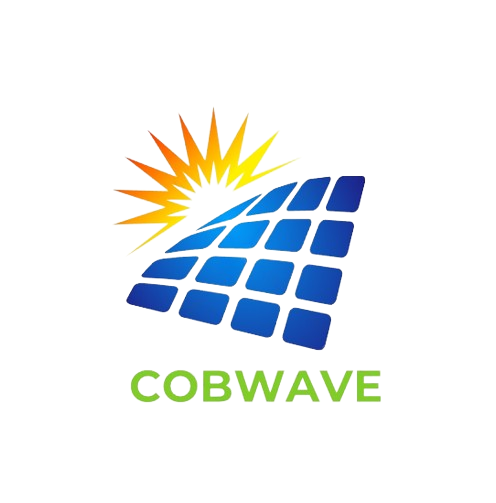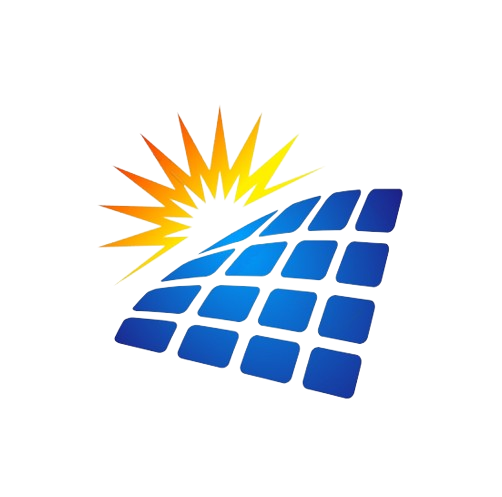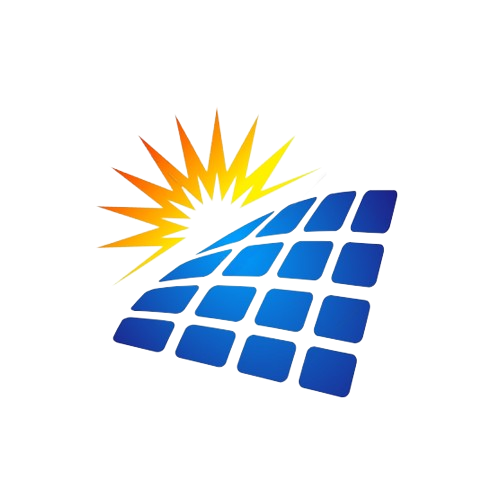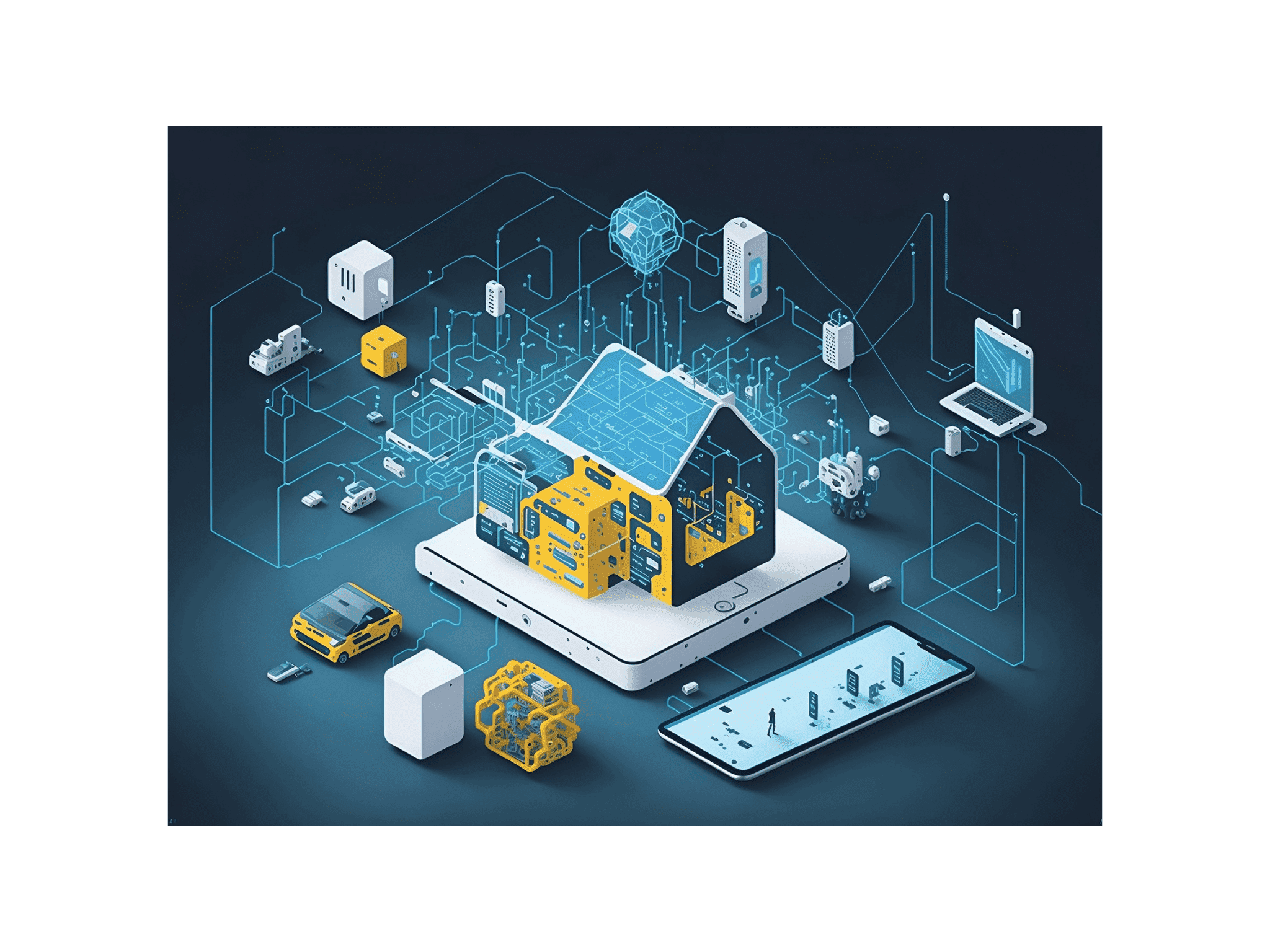Introduction
The solar energy sector is witnessing a revolutionary transformation, driven by the integration of Artificial Intelligence (AI) and the Internet of Things (IoT). This convergence is creating smart solar solutions that enhance efficiency, optimize energy production, and improve maintenance processes. For both manufacturers and end-users, understanding the implications and benefits of these advanced technologies is crucial for staying ahead in the rapidly evolving energy landscape.
AI and IoT: The Power Duo in Smart Solar Solutions
Enhanced Solar Panel Efficiency
AI algorithms analyze vast amounts of data collected from IoT sensors installed in solar panels. These sensors monitor various parameters, including sunlight intensity, panel temperature, and energy output. By processing this data in real-time, AI can predict and optimize energy production, ensuring solar panels operate at their maximum efficiency.
For Manufacturers: Implementing AI-driven analytics in solar panels can significantly enhance product performance, offering a competitive edge in the market. These smart solar solutions can self-adjust to changing environmental conditions, ensuring consistent energy output.
For Users: Smart solar solutions lead to increased energy savings and reduced electricity bills. Users can enjoy more reliable and efficient energy production, making solar energy a more attractive and feasible option.
Predictive Maintenance and Reduced Downtime for Solar Panels
One of the significant advantages of integrating AI and IoT in solar energy systems is predictive maintenance. IoT sensors continuously monitor the health of solar panels, detecting anomalies and potential issues before they escalate into major problems. AI algorithms analyze this data to predict when and where maintenance is needed.
For Manufacturers: This approach allows manufacturers to offer more durable and reliable products with extended lifespans. Predictive maintenance reduces the need for emergency repairs, lowering warranty claims and improving customer satisfaction.
For Users: Users benefit from reduced downtime and maintenance costs. Predictive maintenance ensures that solar panels are always in optimal condition, providing uninterrupted energy supply and peace of mind.
Smart Grid Integration with Solar Energy Systems
AI and IoT enable seamless integration of solar energy systems with smart grids. Smart grids use advanced communication and control technologies to manage energy distribution efficiently. Solar panels equipped with IoT sensors can communicate with the grid, allowing for dynamic energy management.
For Manufacturers: Developing smart solar solutions that integrate with smart grids positions manufacturers as leaders in the industry. This capability can attract partnerships with utility companies and governments aiming to modernize their energy infrastructure.
For Users: Users can participate in demand response programs, where they are incentivized to reduce energy usage during peak hours. This not only leads to cost savings but also contributes to a more stable and sustainable energy grid.
Data-Driven Decision Making in Solar Energy
The data collected from IoT-enabled solar panels provides valuable insights into energy consumption patterns, system performance, and environmental impact. AI analyzes this data to provide actionable recommendations for improving energy efficiency and reducing carbon footprints.
For Manufacturers: Access to detailed performance data helps in refining product designs and developing new features that cater to customer needs. Data-driven insights can also inform strategic decisions, such as identifying new markets and optimizing supply chains.
For Users: Users gain a deeper understanding of their energy usage, empowering them to make informed decisions about energy conservation and sustainability practices. This transparency fosters greater trust and engagement with smart solar solutions.
Conclusion
The integration of AI and IoT in solar energy systems represents a significant leap towards a more efficient, reliable, and sustainable energy future. For manufacturers, embracing these technologies opens up new opportunities for innovation and market leadership. For users, smart solar solutions offer enhanced energy efficiency, reduced costs, and greater control over their energy consumption.
As the world continues to shift towards renewable energy sources, the synergy between AI, IoT, and solar energy will play a pivotal role in shaping a smarter, greener, and more resilient energy landscape. By staying informed and adopting these cutting-edge technologies, both manufacturers and users can contribute to a sustainable future while reaping substantial benefits.



